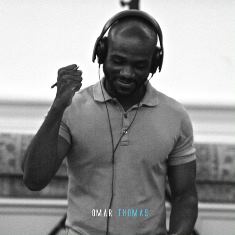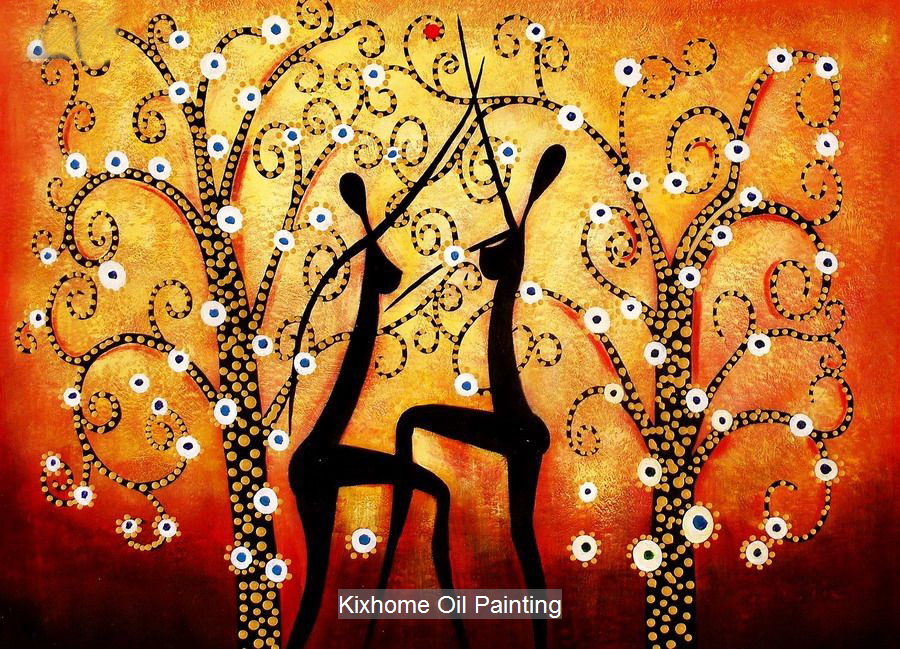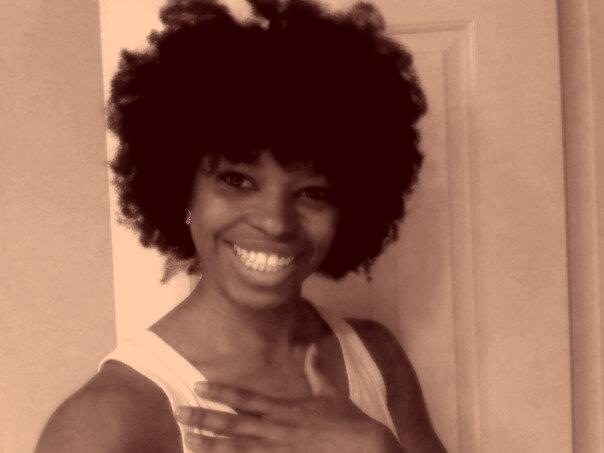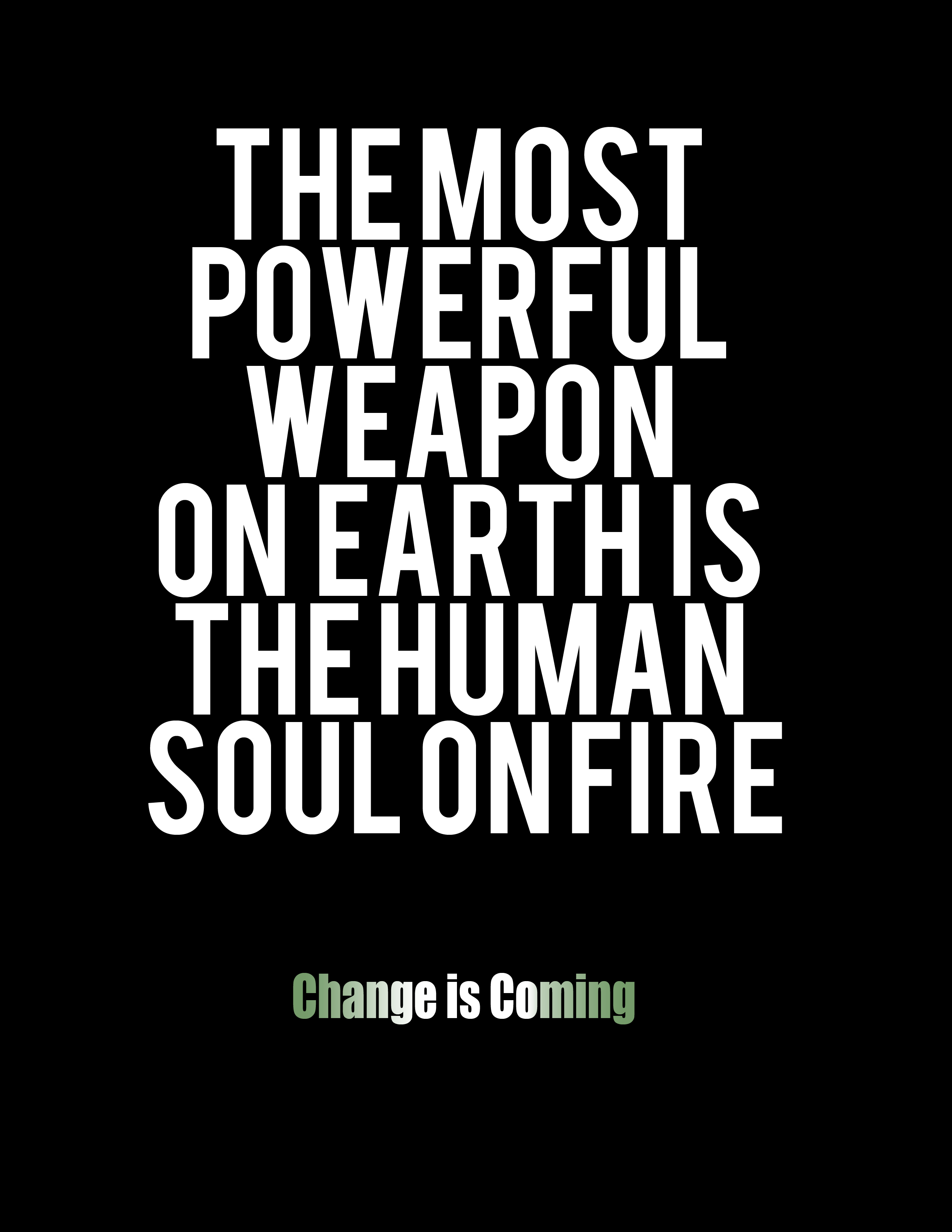I thoroughly enjoyed this interview with award-winning composer, Omar Thomas, about his new album, 'We Will Know', a monumental work of art that breathes new life into the word "movement". Inspired by the popular civil rights protest song, "We Shall Overcome", Omar has just gifted the (U.S.) LGBT civil rights…
-
-
Call for Submissions (Poetry, Prose, Photography): Walking the Tight Rope: An African LGBTI Anthology
Walking the Tight Rope: An African LGBT Anthology seeks poets, writers and photographers within Africa and the Diaspora to share their stories. DEADLINE: April 15, 2014 Please share widely.
-
A Gay Zulu Wedding and the Danger of a Single LGBT African Story
I've been mulling over the gay zulu wedding fiasco over the past few weeks. I was excited to see it, but something left me unsettled. Here are my thoughts, inspired by a TEDTalk by one of my favorite writers, Chimamanda Adichie, "The Danger of a Single Story."
-
Blog - Gender and LGBT Issues - Guest Posts - Love Is My Revolution - Special Series - The Political, Personalized
Lessons Learned from a Straight African Woman: Homophobia is UnChristian
Love Is My Revolution: A few weeks ago, I shared a short photo essay about my best friend, ChiChi. We'd been estranged for four years due to my sexuality and her Christian faith. Recently, we reunited to find our friendship changed for the better. Given the ongoing battle between religion…
-
Open Letter to LGBT Nigerians and Diaspora: Stand Fast, Change is Coming
They are afraid, of our voices, of our power, of our resiliency. They are afraid of a younger generation of citizens, activists, and diaspora, and our collective belief in a more progressive Nigeria. They are afraid of our growing influence as we gather allies not just from the west, but…




